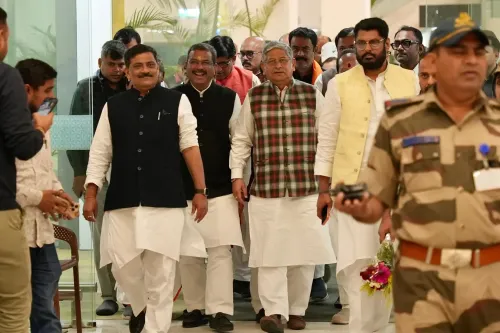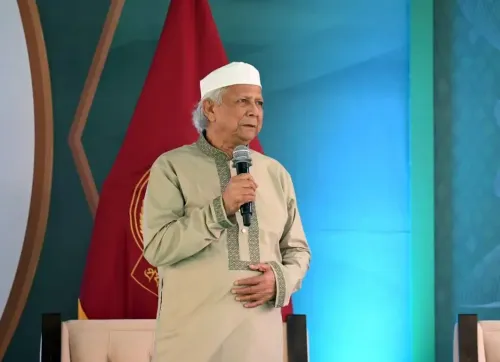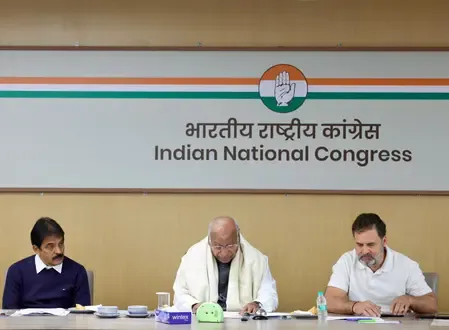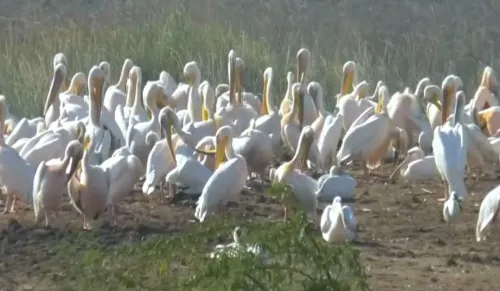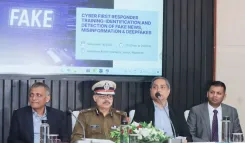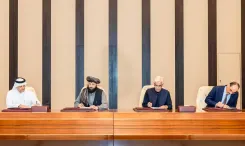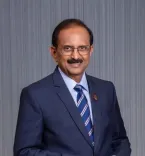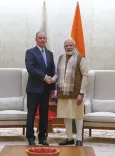Is There an 'Attack on National Sovereignty'? Police Contest Bail Applications of Delhi Riots Suspects
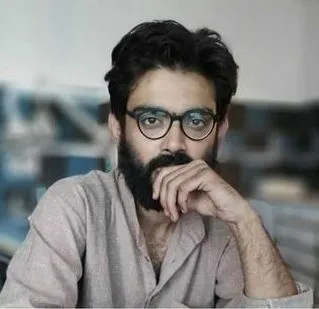
Synopsis
Key Takeaways
- Supreme Court is reviewing bail pleas of activists in connection to the 2020 riots.
- Delhi Police asserts the riots were premeditated, not spontaneous.
- Evidence includes WhatsApp chats and speeches indicating a communal divide.
- Activists remain detained under the UAPA.
- Next hearing is set for November 20.
New Delhi, Nov 18 (NationPress) The Supreme Court convened on Tuesday to continue examining the bail applications of student leaders Umar Khalid, Sharjeel Imam, Gulfisha Fatima, and other activists implicated in the supposed "broader conspiracy" surrounding the 2020 North East Delhi riots.
These individuals remain incarcerated under the stringent Unlawful Activities (Prevention) Act (UAPA).
In opposition to the bail requests, Solicitor General Tushar Mehta, representing the Delhi Police, argued before a Bench comprising Justices Aravind Kumar and N.V. Anjaria that the unrest represented a "well-designed, well-crafted" assault on national sovereignty rather than a spontaneous communal disturbance.
"Your lordships were informed that a protest devolved into communal riots. I wish to dispel that misconception. This was not a spontaneous riot; it was a meticulously planned and orchestrated event, and this will be substantiated by the evidence," SG Mehta asserted.
He further stressed, "This was not merely a violent outburst; it was an assault on the sovereignty of the nation—a claim I make with utmost responsibility," citing evidence such as speeches and WhatsApp communications indicating a "clear and discernible attempt to fragment society along communal lines."
Specifically mentioning statements attributed to Sharjeel Imam, the government’s attorney remarked, “He (Sharjeel Imam) expresses a desire for a chakka jam not only in Delhi but in every city where Muslims live.”
SG Mehta continued to quote Imam’s words, asserting, "He advocates for Muslims to unite and to sever the entire northeast from India. His ultimate aim was to ensure that Delhi would be deprived of essential supplies like milk and water. This was not a protest as portrayed!"
He also referenced WhatsApp conversations retrieved by the Delhi Police, which allegedly detail "plans for property damage and fundraising," emphasizing that it was a "systematic and synchronized effort to fracture society and the nation."
SG Mehta contended that the delays in trial proceedings were due to the accused's lack of cooperation, as they "each devoted 4-5 days arguing against the framing of charges." He remarked, “In cases where it’s challenging to defend based on facts, the strategy is to prolong the trial rather than address the merits and request bail. This has become a recurring pattern,” he added.
The Delhi Police, in a comprehensive counter-affidavit, had previously identified Umar Khalid as one of the "key conspirators" and a "mentor" to others, including Sharjeel Imam, asserting that the conspiracy was premeditated to coincide with US President Donald Trump's official visit to India to attract "international media" attention.
Previously, the Delhi High Court had rejected the bail requests of the activists.
The Supreme Court is set to continue deliberations on the Delhi Police's arguments regarding the bail applications of Umar Khalid, Sharjeel Imam, and others on November 20.

